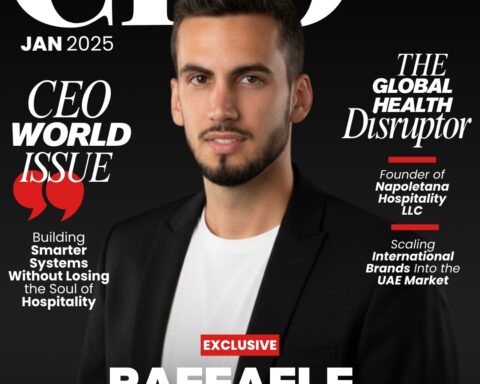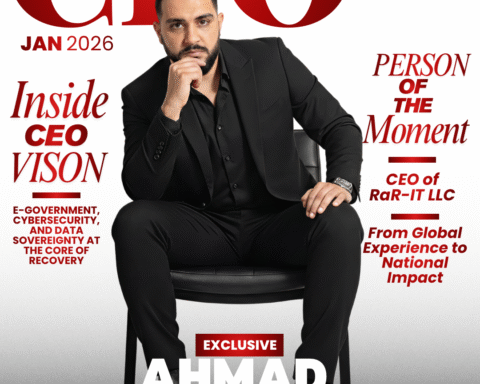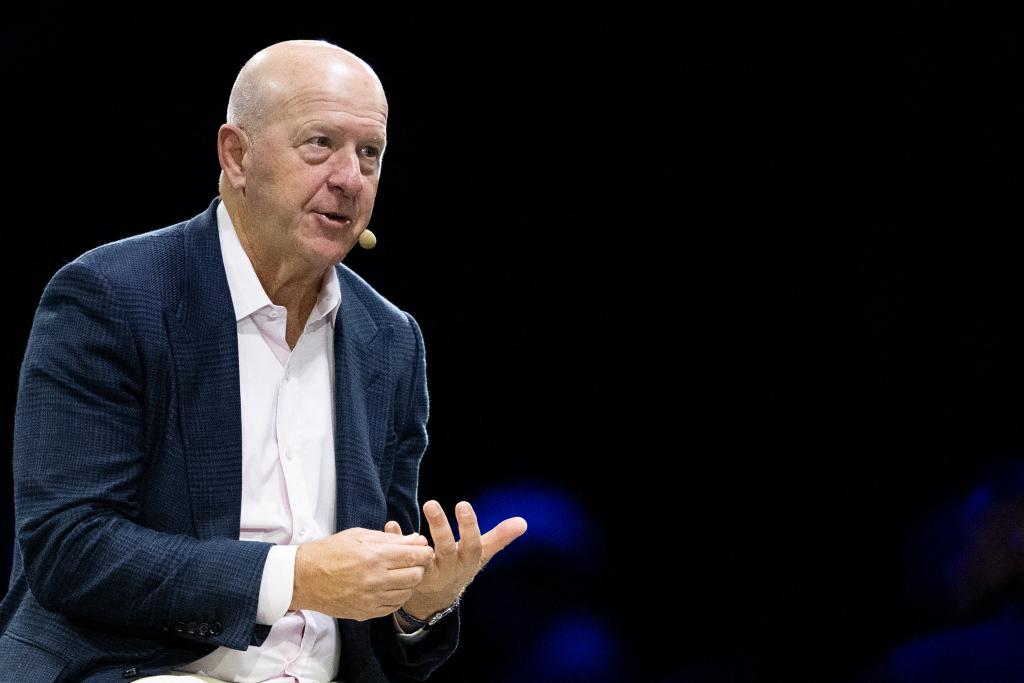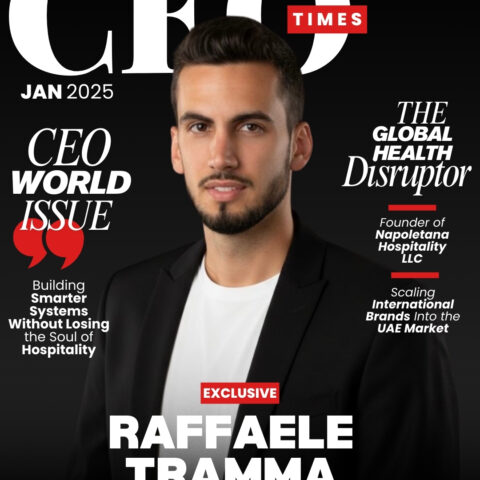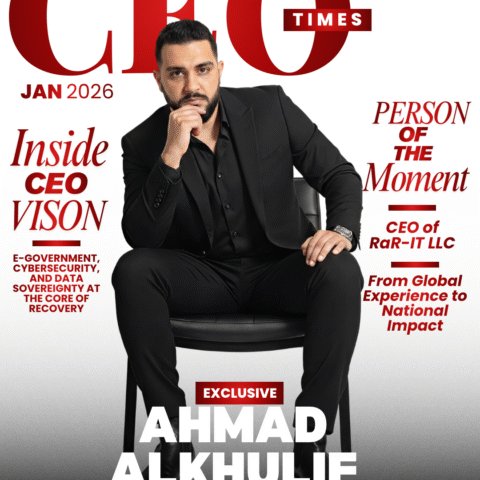The former TikTok bidder weighs national security, data privacy, and user rights as he evaluates the White House’s proposed sale of the app’s U.S. operations
Billionaire investor Frank McCourt, an early contender to acquire TikTok, is now analyzing whether the White House-brokered deal for a majority-American investor group to buy the app’s U.S. assets complies with the law. In a recent interview on CNN’s Terms of Service podcast, McCourt emphasized the importance of transparency, noting that “the American public deserves more information about the agreement.”
“It’s too early to say” whether he would join the ownership group or challenge the deal in court, McCourt said, adding that he has engaged legal and policy experts to scrutinize the agreement. His team is particularly focused on whether the proposed sale meets the requirements of the sale-or-ban law enacted last year, which seeks to address national security concerns regarding U.S. user data under ByteDance, TikTok’s China-based parent company.
McCourt was among the first high-profile figures to bid for TikTok, partnering with Shark Tank investor Kevin O’Leary and Reddit cofounder Alexis Ohanian. Their bid sought to purchase the app without its proprietary algorithm, rebuilding the platform on technology developed by McCourt’s Project Liberty, designed to give users greater control over their personal data and its monetization.
However, the White House has indicated plans to move forward with a separate investor group, which is expected to include Oracle, private equity firm Silver Lake, Dell CEO Michael Dell, and Lachlan Murdoch’s Fox Corp. Under this arrangement, the algorithm would remain with ByteDance initially but be retrained on U.S. user data, with Oracle monitoring its operation to address security concerns.
“Big tech platforms are scraping and accumulating our data, hyper, micro-profiling us, and now they’re not just selling us ads, but they’re manipulating us,” McCourt said. “Our data is our personhood in a digital age … We should own ourselves and share what we want to share about ourselves.”
Beyond TikTok, McCourt’s Project Liberty is exploring ways to use the technology initially intended for the platform to create personalized AI agents. These agents would allow users to control where and how their personal data is shared online, giving them the ability to rescind permissions or adjust sharing settings over time. For example, a user could allow AI-driven advertising for relevant products, such as snow boots after discussing a mountain trip, while restricting sensitive health data from being shared for ad targeting.
McCourt described this initiative as a “data sharing economy,” where platforms could profit from user data while allowing individuals to share in the economic value generated. While the technology is still under development and details of user access remain unclear, McCourt emphasized the potential for both ethical data use and economic opportunity.
Trump’s executive order last month affirmed that the proposed deal constitutes a “qualified divestiture” under the sale-or-ban law, a procedural step that advances the sale, though many details—including how the algorithm will be licensed and monitored—remain unresolved.
“At the end of the day, what’s important to me … is that the rule of law in this country still means something,” McCourt concluded, underscoring his commitment to ensuring both legal compliance and user empowerment in the evolving digital landscape.

